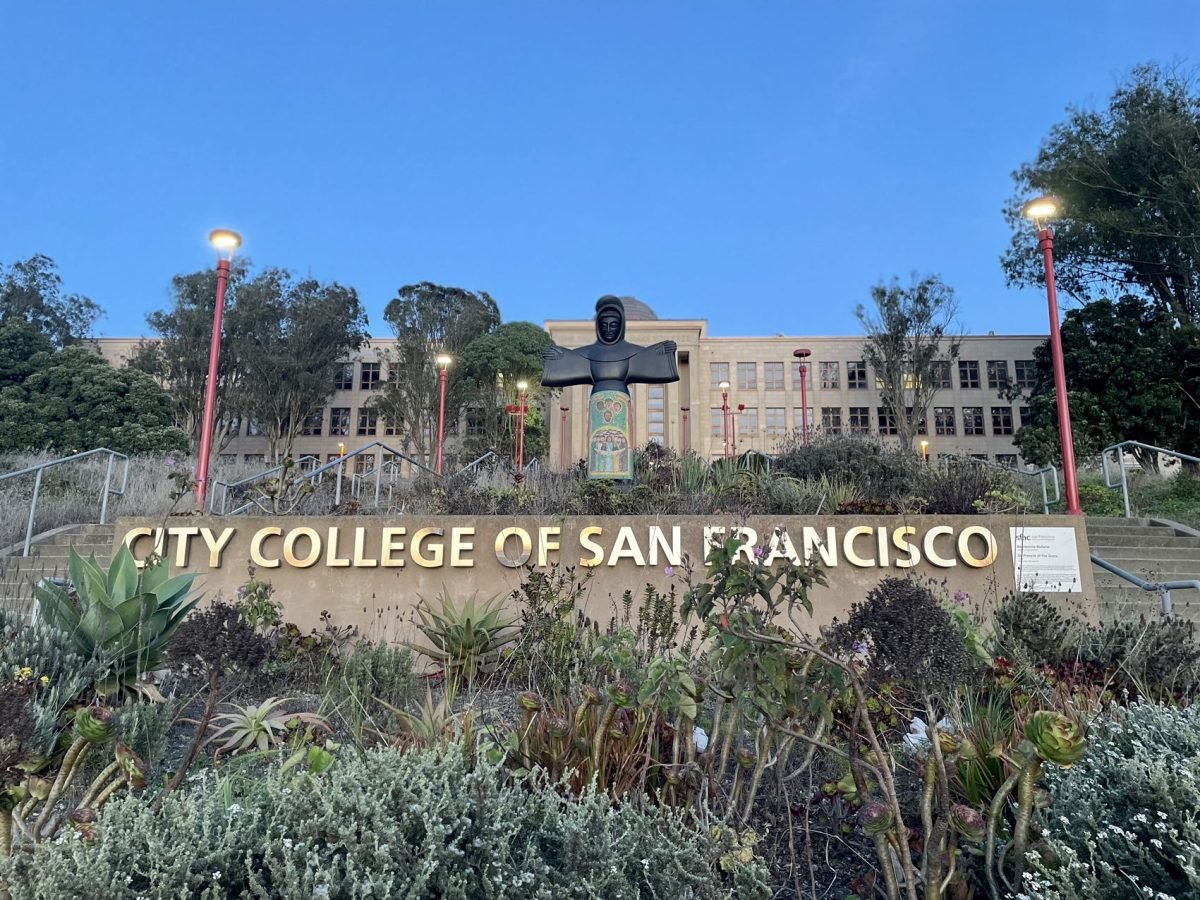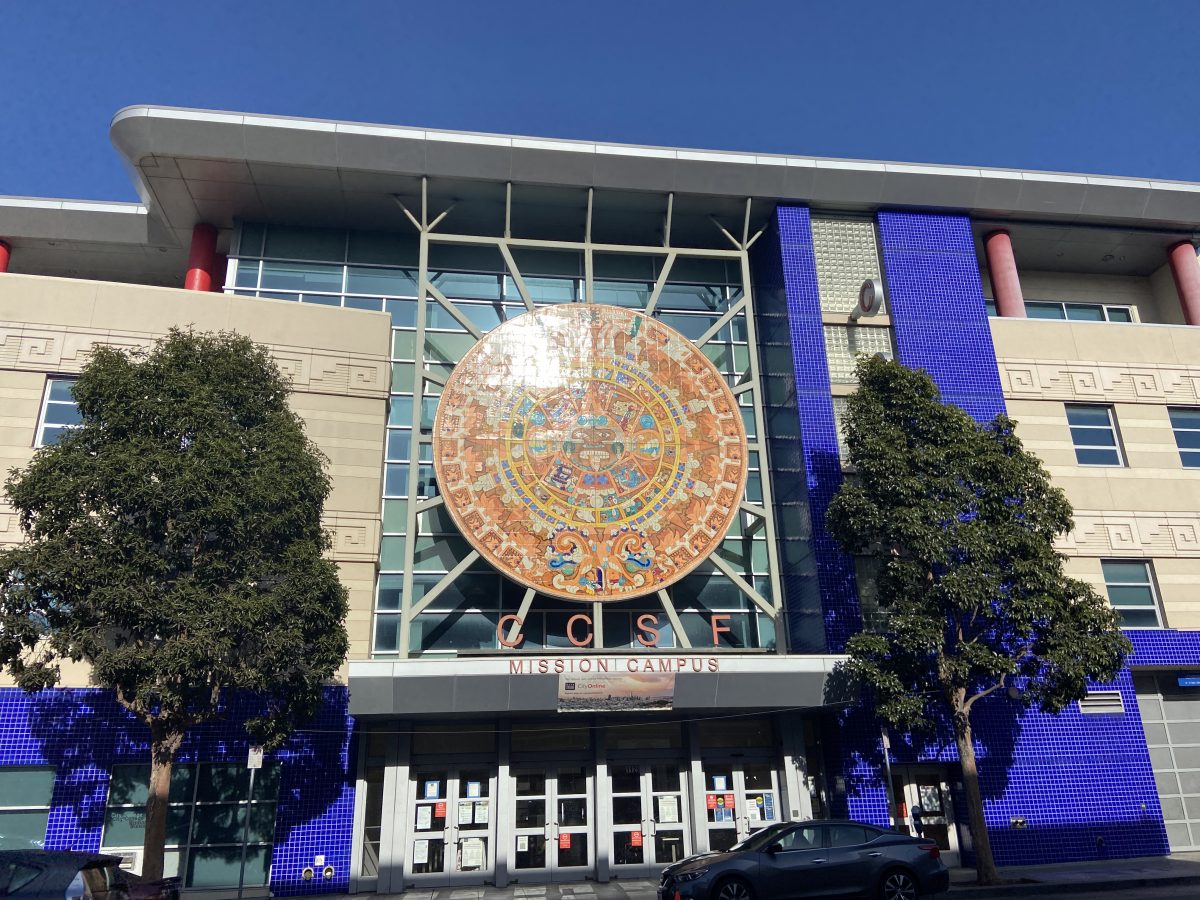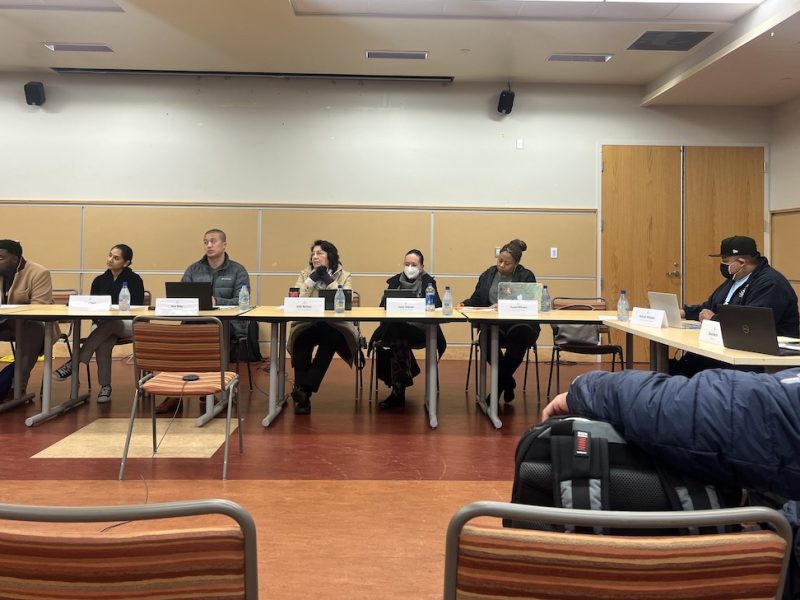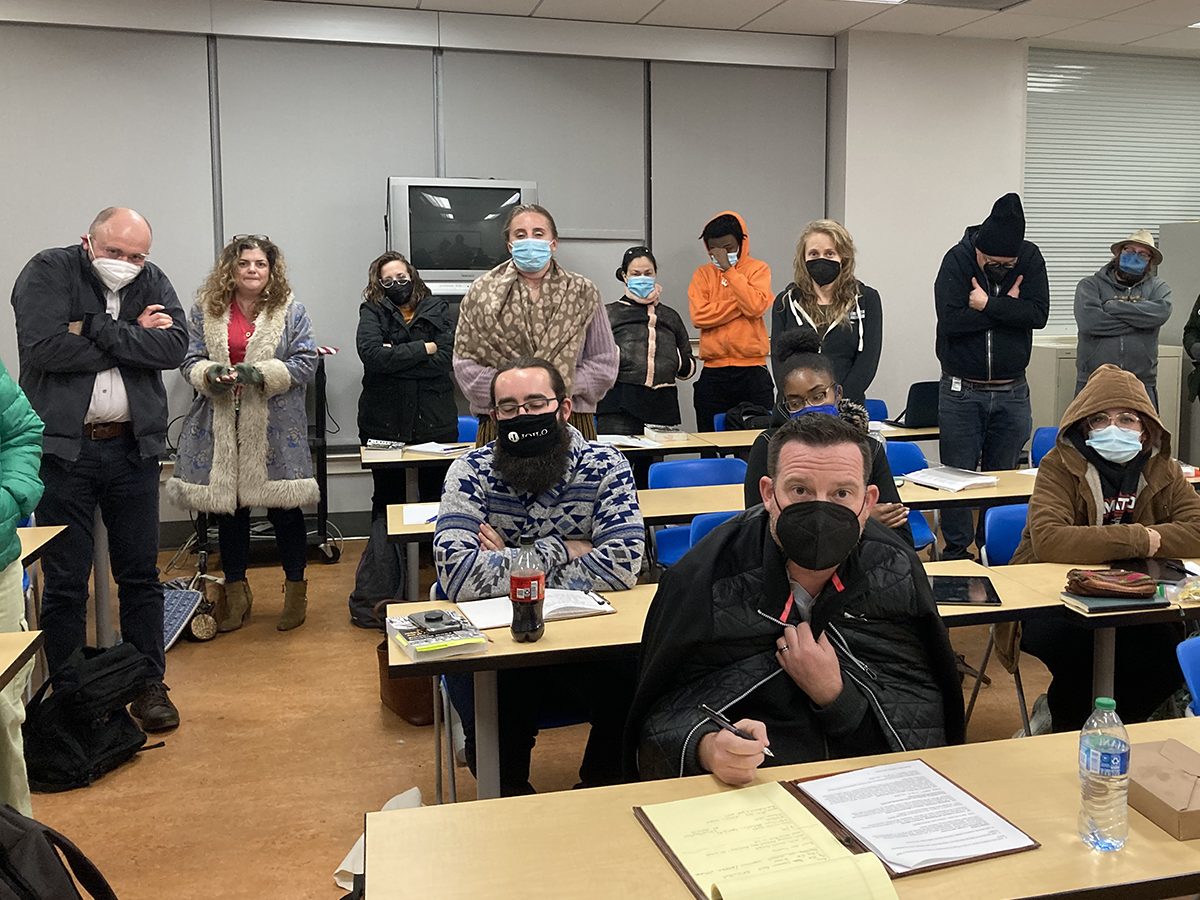With another winter arriving in San Francisco, City College has made little progress in fixing its heat.
Of the three CCSF campuses troubled by heating issues last winter, boiler replacements at the Mission and John Adams campuses are complete and operational. But most buildings at the Ocean campus will remain cold until the end of this year or the spring of 2024, according to a special Board of Trustees meeting held Tuesday night.
“As I said before, as long as our students and staff are not getting heat, the heat should be on us, as administration and college leadership, to ensure that we’re keeping our students warm,” said City College Board of Trustees President Alan Wong during the meeting.
Yet problems ensue.
The heating issues at CCSF were first reported by Mission Local in early 2023. The story described students jumping from “one icebox to another” in unheated classrooms and, five days after the story went out, City College’s board called an emergency meeting, promising that, ideally, the repairs would be completed by summer.
Supply-chain delays and budgetary difficulties appear to be the major reasons why City College’s main campus on Ocean Avenue will face another cold winter, according to Alberto Vasquez, associate vice chancellor of construction and planning. The impact is immediate. Last year, students brought blankets and gloves to classes — or simply dropped out.
At the Ocean campus, which is already more frigid than the other campuses, the replacement of the boiler at a wellness center is expected to be complete by the end of the year. A gas-line pressure issue delayed that repair. An aging electrical transformer at the student health center is scheduled to be replaced on Jan. 3.
The arts buildings are in need of new high-pressure pipes. That should be completed by next spring, officials said. An independent heating system is being designed for Smith Hall and the Statler Building, with another heating system being evaluated for the science hall. The Rosenberg Library needs a full replacement of its boilers and HVAC system.
Heating systems have been repaired and are working at Cloud Hall, also at the Ocean campus.
Vasquez, the recently promoted associate vice chancellor, delivered the updates and responded to questions from trustees. Besides introducing speakers, Chancellor David Martin sat through the meeting without saying a word.
City College is exploring alternative choices for relocating classes. However, that may not be an option for all classrooms. Lab spaces, for example, would be hard to replicate, said Vasquez.
“We’ve got to make sure that, when that happens, there’s a mechanism for faculty to do that, or as we’ve advocated for maybe pivot to remote, if necessary,” said Alan D’Souza, vice president of the American Federation of Teachers Local 2121, a union that represents CCSF’s more than 1,000 faculty members.
On other fronts, the faculty union’s contract negotiations are also stalled, and the union is plotting a strike vote on Dec. 8, if things continue to go nowhere. The school’s latest offer on wage increases is 10 percent, while the union wants a cost-of-living adjustment of about 18 percent, according to D’Souza.
Hence, for him, the sudden special board meeting felt different. “Honestly, it feels like this is a distraction,” said D’Souza. “The focus, right now, should be on making sure that we have faculty at the college to teach students, and also make sure that, when they come to class, there’s facilities.”





Has heat pumps been evaluated as a solution to HVAC for college buildings?
More expensive to install but less maintenance and environmentally friendly.